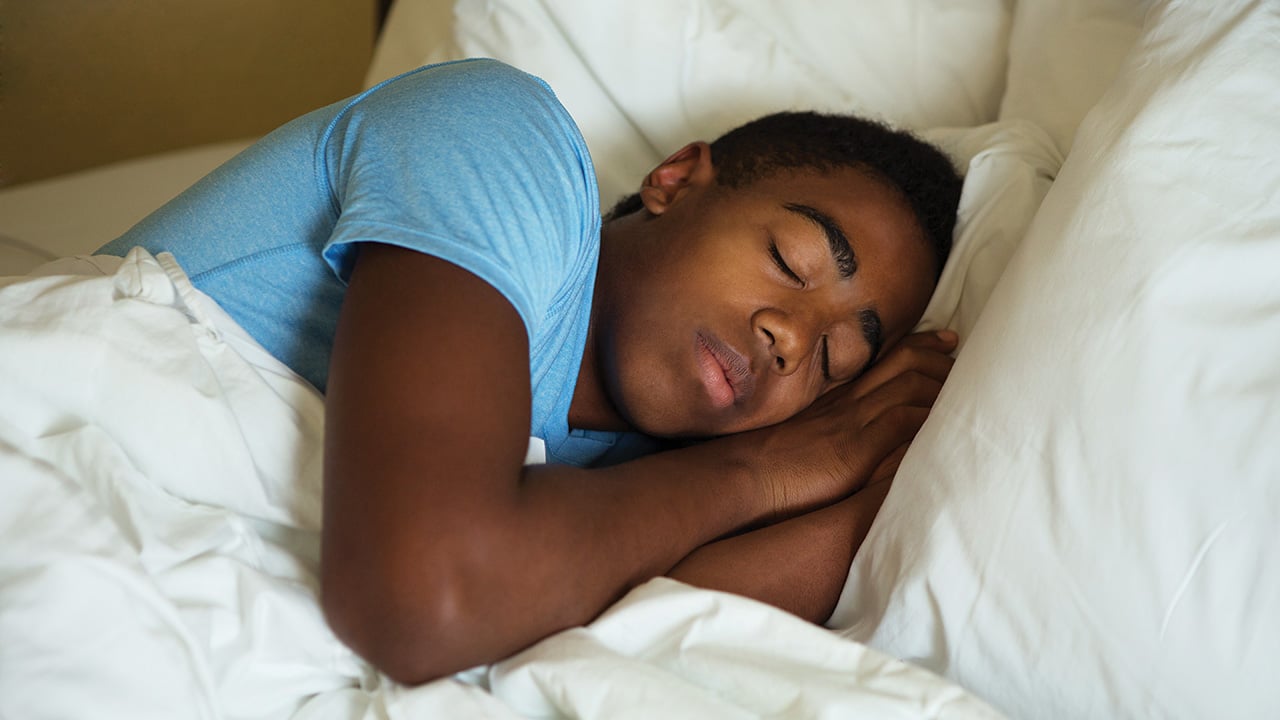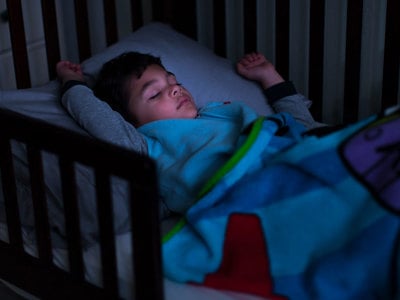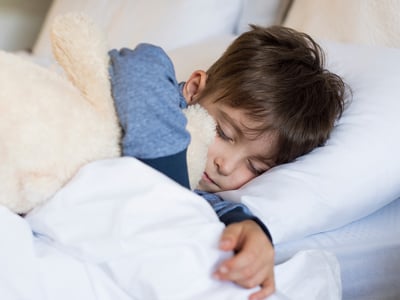- Doctors & Departments
-
Conditions & Advice
- Overview
- Conditions and Symptoms
- Symptom Checker
- Parent Resources
- The Connection Journey
- Calm A Crying Baby
- Sports Articles
- Dosage Tables
- Baby Guide
-
Your Visit
- Overview
- Prepare for Your Visit
- Your Overnight Stay
- Send a Cheer Card
- Family and Patient Resources
- Patient Cost Estimate
- Insurance and Financial Resources
- Online Bill Pay
- Medical Records
- Policies and Procedures
- We Ask Because We Care
Click to find the locations nearest youFind locations by region
See all locations -
Community
- Overview
- Addressing the Youth Mental Health Crisis
- Calendar of Events
- Child Health Advocacy
- Community Health
- Community Partners
- Corporate Relations
- Global Health
- Patient Advocacy
- Patient Stories
- Pediatric Affiliations
- Support Children’s Colorado
- Specialty Outreach Clinics
Your Support Matters
Upcoming Events
Mental Health Town Hall
Tuesday, April 23, 2024Join Children’s Hospital Colorado pediatric experts for a virtual...
-
Research & Innovation
- Overview
- Clinical Trials
- Q: Pediatric Health Advances
- Discoveries and Milestones
- Training and Internships
- Academic Affiliation
- Investigator Resources
- Funding Opportunities
- Center For Innovation
- Support Our Research
- Research Areas

It starts with a Q:
For the latest cutting-edge research, innovative collaborations and remarkable discoveries in child health, read stories from across all our areas of study in Q: Advances and Answers in Pediatric Health.


A Parent’s Guide to Sleep for Kids: Healthy Habits, Benefits, Screen Time and More

Kids need a lot of sleep — eight to 10 hours a night for teenagers, nine to 11 hours for school-aged kids and 10 to 14 for preschoolers and toddlers. Unfortunately, up to 50% of kids in the U.S. don’t get as much as they need. And the lack of shut eye can impact weight management, intellectual functioning, mental health and even behavior.
“The established thinking is that sleep is the time the body regenerates itself,” says Ricky Mohon, MD, an expert in sleep medicine at Children’s Hospital Colorado. “So, if you’re not getting enough, those recuperative things don’t happen as effectively.”
What happens when kids and teens lack sleep
In older kids, insufficient sleep presents as chronic fatigue, falling asleep during the day, difficulty concentrating or performing at peak, and even difficulty regulating emotions. In younger kids, it can look a lot like attention deficit/hyperactivity disorder (ADHD): outbursts, behavioral problems and hyperactivity.
“While older children and adults appear sleepy when we don’t get enough sleep, young children may act the opposite. They may seem to have excess energy, be more irritable and act out,” says Stacey Simon, PhD, a sleep psychologist. “When children don’t get enough sleep, it can be hard to concentrate at school or manage emotions.”
How parents can help kids build healthy sleep habits
For some kids, sleep problems start with poor sleep habits. Many kids and teens are overscheduled, staying up too late finishing the day’s activities and getting up early for school.
“Children and teens have so many competing demands between school and homework, sports and activities, jobs and spending time with friends,” Dr. Simon says. “It can be very hard to get home, wind down and go to bed at a good time.”
Make bedtime a top priority
The best way to improve a child’s sleep is to increase the time they’re in bed. Create a consistent sleep schedule, with the same bedtimes and wake times every day, even on weekends and during the summer, to the best of your ability. If your child needs to change the time they wake up, for example when the school year begins or during a time change, focus on helping them make gradual shifts.
Building a bedtime routine can also help. For younger children, consider giving them a bath, looking at picture books, reading aloud or singing songs. For pre-teens and teens, try reading, listening to music, journaling or relaxation exercises. Whatever you choose, it is helpful to do the same things in the same order every night.
Limit screen time before bed to improve sleep
Keeping screens and phones out of bed and not using the bed as a hangout helps kids to associate it with sleep and sleep only, which will help them get to sleep faster and sleep better. We recommend turning off all electronics (phones and screens) and dimming the lights at least an hour before bed.
“Kids are taking devices to bed with them, playing games or communicating with friends,” says Stephen Hawkins, MD, a pediatric sleep specialist, “and the light from screens suppresses melatonin production. I like to tell patients that screens trick your brain into thinking it’s daytime, and if it’s daytime, your brain is not going to let you fall asleep.”
More tips to help your kid sleep
- Avoid giving your child caffeine, including energy drinks, at all times, but especially at least eight hours before bed.
- Ensure your child gets at least 30 minutes of exercise each day, but not too close to bedtime.
- It’s important for your child to eat regular meals throughout the day, but there’s nothing wrong with adding a light snack before bed.
- If proper sleep hygiene is in place and a child still struggles to fall asleep, talk to your pediatrician about trying a low dose of nightly melatonin. This supplement can especially be helpful for some neurodiverse children who have trouble winding down for bedtime.
What to know about sleep-disordered breathing
Breathing disorders present additional sleep problems for some kids.
“Sleep-disordered breathing is very common,” says Dr. Mohon. “About 10% to 15% of children and adolescents experience some degree of sleep apnea, with 2% to 5% of kids benefiting from medical or surgical treatment.”
A child who can’t breathe well at night can have fragmented sleep, which can potentially be dangerous.
When you should be concerned about kids snoring
Aside from overtiredness during the day, Dr. Mohon says a big indication of sleep breathing problems in kids is habitual snoring. Snoring is not considered normal in children and should be brought to the attention of your child’s doctor.
“It’s underappreciated that snoring in kids is not normal,” Dr. Hawkins says. “If a kid is snoring more than two nights a week, that’s too much. It could be sleep apnea, asthma, allergies or nasal congestion. Either way, we want to get it checked out.”
Answers to common questions parents have about kids sleep
Looking for more? Here are answers to some of parents’ top questions about kids and sleep, and some quick tips.
Because sleep plays a vital role in development, it’s especially important for kids to get enough. They’ll need less and less of it as they grow, but even into their teens, they need more than nine hours every night.
- 4 to 12 months: 12 to 16 hours (including naps)
At around 6 months, babies are typically capable of sleeping through the night. - 1 to 2 years: 11 to 14 hours (including naps)
Most toddlers give up their morning nap by about 18 months and take one long afternoon nap of an hour and a half to three hours. - 3 to 5 years: 10 to 13 hours (including naps)
Most preschoolers stop taking naps between ages 3 and 5. - 6 to 12 years: Nine to 12 hours
School-age children should not need a nap. - 13 to 18 years: Eight to 10 hours
Adolescents are notorious for not getting enough sleep. Teenagers average a little more than seven hours of sleep a night but should get more.
Some kids with certain brain or developmental differences may survive on less sleep. However, for most kids, sleep-hour recommendations tend to apply, and it is very rare that people need fewer hours of sleep. Most children will have optimal development if they regularly get at least the minimum amount of recommended sleep. Insufficient sleep over time is associated with many health and behavior problems, including obesity, difficulties with attention and concentration and mood problems.
Generally, no. If children are not able to fall asleep on their own at bedtime, they will have difficulties returning to sleep when they naturally wake in the middle of the night. Children who learn the skills to fall asleep by themselves at the start of the night can use the same skills to fall back to sleep on their own. If falling asleep independently is a challenge for your child, working with a sleep psychologist to gradually teach this skill can be very helpful.
Playing relaxing sounds at night can improve sleep because they dampen other noises that might wake your child. Building an association between comforting sounds and sleep can also help with relaxation.
Sounds should not change dramatically in volume, so be cautious of using the radio, as it can get louder during commercials. Even classical music can have large variations in volume.
Some examples of helpful sounds include:
White noise from a sound machine or app A fan Quiet music Nature sounds
The goal is to associate sounds with sleep, which means that children could become “dependent” on the sounds. This dependency can be valuable at certain times though, such as when they are traveling or sleeping away from home. During these times, the sounds can help children sleep well in new settings that otherwise may disrupt sleep.
Another important element of sleep is exercise, but the story is a bit more complicated than parents might think. On one hand, exercise helps tire us out so we can sleep more deeply, but on the other, exercising too close to bedtime can make falling asleep more difficult. That’s because exercise increases our body temperature, and when we go to sleep, our core body temperature needs to drop for us to relax.
Although evening activities are sometimes unavoidable, our providers advise exercising during daylight hours instead of at night. By saving the vigorous exercise for earlier in the day, sticking to a schedule and practicing good sleep habits, you’ll protect your child against short-term sleep troubles and create beneficial behaviors for a long-term sleep routine.
Getting the recommended amount of sleep is very beneficial to a child’s mental health. Well-rested kids and teens have a greater capacity to manage negative thoughts as well as conditions such as anxiety and depression. In addition, sleep ensures that their cognitive abilities, including memory, attention and processing, are stronger.
When to get help for a child’s sleep problems
In addition to watching for issues with snoring or breathing, observe whether your child’s daytime functioning is concerning. If they appear sleepy or too hyper during the day, have trouble paying attention in school or have problems controlling their moods, they’ll likely benefit from an evaluation. Also consider whether your child is regularly getting less than the recommended amount of sleep for their age.
If you have concerns about your child’s sleep, talk to their pediatrician at a well-child visit or set up an appointment. They can evaluate your child for potential medical conditions and order a sleep study, if needed.
Why kids should see a pediatric sleep specialist
For kids who may have underlying medical or behavioral issues, it’s important that parents seek care from a pediatric sleep center, as these centers will have a better eye for disorders that tend to affect kids.
“At that appointment, we’re going to take an incredibly thorough history,” Dr. Hawkins says. “We’re going to try to rule out overscheduling and bad sleep habits, and then we’re going to do a pinpoint screening for disorders. We then work with the family to draw up a plan, and we communicate that back to the child’s primary provider.”



 720-777-0123
720-777-0123






